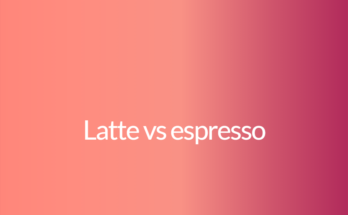Difference between Loan and Mortgage
Introduction:
When it comes to financing a big purchase or investment, understanding the difference between a loan and a mortgage is important. Both loan and mortgage allow individuals to borrow money, but they are used in different contexts and have different terms and conditions.
Table comparing Loan and Mortgage:
| Aspect | Loan | Mortgage |
|---|---|---|
| Definition | A loan is a sum of money that is borrowed and needs to be repaid with interest within a set period of time. | A mortgage is a type of loan that is specifically used for purchasing real estate or property. |
| Purpose | Loans can be used for a variety of purposes, such as personal expenses, education, or business investments. | Mortgages are used exclusively for purchasing property or real estate. |
| Collateral | Loans can be secured or unsecured. Secured loans require collateral, such as a vehicle or property, while unsecured loans do not require collateral. | Mortgages are secured loans where the property being purchased serves as collateral. If the borrower fails to repay the mortgage, the lender can seize the property to recover their investment. |
| Interest Rates | Interest rates for loans can vary depending on the type of loan, the borrower’s creditworthiness, and market conditions. | Mortgages generally have lower interest rates compared to other types of loans due to the collateral involved. The interest rate for a mortgage is often determined by the borrower’s creditworthiness and the current market conditions. |
| Loan Term | Loan terms can vary depending on the type of loan and the lender’s terms and conditions. They can range from a few months to several years. | Mortgages typically have longer loan terms, often lasting 15 to 30 years. The repayment schedule is often structured into monthly installments. |
| Tax Benefits | Some types of loans, such as student loans or business loans, may offer tax benefits or deductions. | Mortgages offer potential tax benefits in the form of deductions on mortgage interest paid. These deductions can help reduce the overall tax liability for homeowners. |
Conclusion:
In summary, loans and mortgages are both types of borrowing, but they have distinct differences in terms of purpose, collateral, interest rates, loan terms, and potential tax benefits. Loans can be used for a variety of purposes and may or may not require collateral, while mortgages are used exclusively for purchasing property and are secured by the property itself.
Understanding the differences between loans and mortgages can help individuals make informed financial decisions based on their specific needs and goals.



